
Tension headaches are a type of headaches that affect approximately 78% of all people. Even though they are considered very common they are rather hard to treat and in many cases they are neglected. Even though the pain can be excruciating tension headaches are not associated with other serious medical conditions and can be brought under control with several treatment modalities.
Characteristics of Tension Headaches
Tension headache starts at the back of the head and the pain spreads forward. Patients commonly describe the pain as squeezing or they complain about dull pressure. The person may also complain that the pain is like tightening a band around the head. Both sides of the head are affected. Apart from headache a person may complain about tightness or soreness of the muscles in the back, shoulders and jaw. And finally, the pain may be so intensive that it interferes in sleep and causes lack of appetite.Causes of Tension Headaches
Unfortunately, scientists have not identified the exact cause of tension headaches yet. They believe that tension headaches are associated with tightness of the muscles in the shoulders, neck, scalp and jaw. Still some tests have shown that these muscles are not actually any tighter that the same muscles in healthy people.
Recent theories point to the connection between tension headaches and changes in brain chemicals. Tight muscles may be triggers for changes in brain chemicals or the muscles become tighter due to the very change of chemicals. Some of the potential triggers of tension headaches include stress, depression, anxiety, abnormal head position (particularly if it lasts long enough), sleeping in an awkward position, eye sprain, fatigue, overexertion etc. Apart from the previously mentioned tension headaches may result from skipping meal, clenching the jaw and teeth grinding, intake of certain medications and they may be connected with skipping meals and arthritis.
Treatment for Tension Headaches
Treatment for tension headaches includes lifestyle changes, medications and relaxation techniques.
Patients suffering from this condition must have plenty of sleep, eat regularly (diet rich in all necessary nutrients, vitamins and minerals), engage in regular physical activity or some sport, get rid of unhealthy habits (smoking, alcohol consumption) and adopt relaxation techniques.
Medications for tension headaches include those administered in the acute attack and the medications that are prescribed to prevent headache. In order to relive pain patients are generally prescribed acetaminophen, Aspirin, ibuprofen, naproxen etc. In purpose of prevention patients may be prescribed tricyclic antidepressants such as amitriptyline, nortriptyline, doxepsin and imipramine. Selective serotonin reuptake inhibitors are one more group of antidepressants which is effective in prevention of tension headaches. They include fluoxetine, paroxetine, citalopram and sertraline. And finally, some patients may benefit from anticonvulsants such as Divalproex sodium and topiramate.



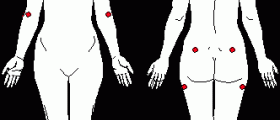
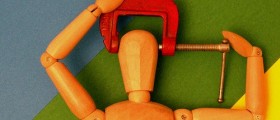



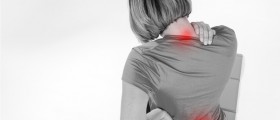

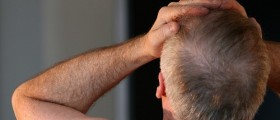

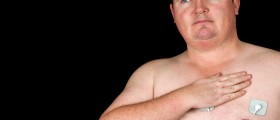

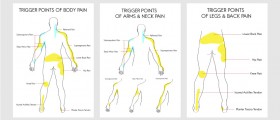
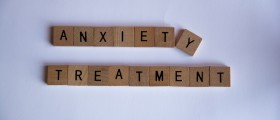

Your thoughts on this
Loading...